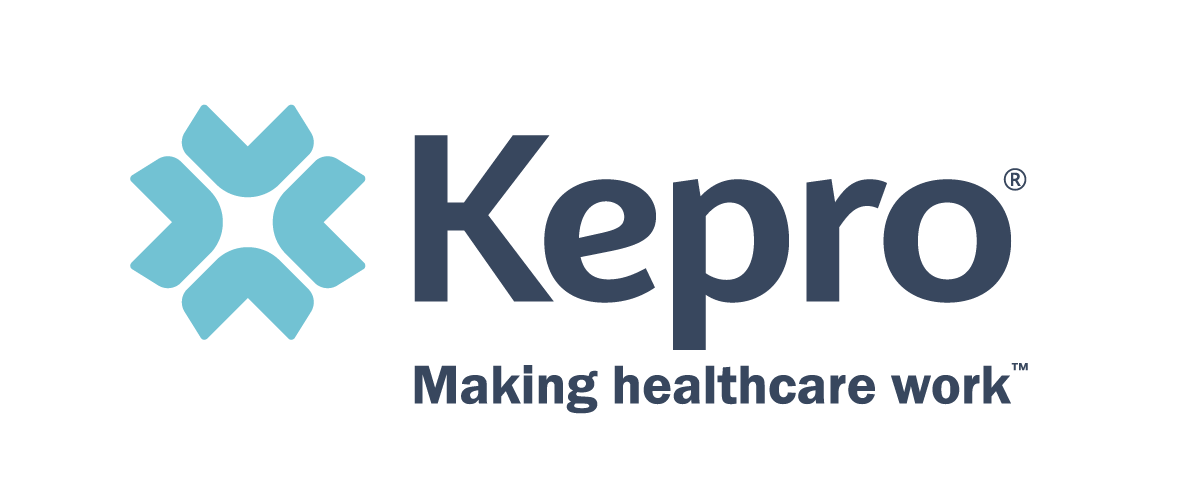Healthcare Provider
The Maryland Department of Health and Mental Hygiene (DHMH) has made access to patient controlled substance prescription data available at no?UR?cost to physicians, nurse practitioners, pharmacists and others that provide pharmaceutical care to their patients. For more information about healthcare provider access, please see the Frequently Asked Questions below.
1. Can any healthcare provider access PDMP data?
2. How do I get access to PDMP data?
3. When can I get access to PDMP data?
5. Is the CRISP HIE the only way I can access PDMP data?
6. Do I have to sign the CRISP Participation Agreement to get access to PDMP data?
7. Is there a fee to access PDMP data through CRISP?
8. Can my office staff access PDMP data on my behalf?
1. Can any healthcare provider access PDMP data?
In general, healthcare providers may register to access their patients?UR(TM) controlled substance prescription information for treatment purposes. The specific user role assigned to a provider will depend on the type of practitioner or practice setting. These include:
- Prescriber: Licensed healthcare practitioners that are authorized to prescribe controlled substances (i.e. registered with the federal Drug Enforcement Administration and, for Maryland?UR?licensed practitioners, the DHMH Division of Drug Control) may register for a user account. This includes physicians, physician assistants, nurse practitioners, dentists and podiatrists.
- Dispenser: Licensed pharmacists may register for a user account.
- Non?UR?prescribing practitioners: Licensed healthcare practitioners that are not authorized to prescribe controlled substance (including nurses, psychologists, professional counselors/therapists and social workers) may register for a user account. However, these practitioners must be delegated access by a prescribing practitioner. For instance, a physician can delegate access to a registered nurse. NOTE: A prescriber cannot delegate PDMP access to a non?UR?practitioner (e.g. a medical assistant or office secretary).
- Pharmacy Technicians: Pharmacy technicians may be delegated access by a licensed pharmacist.
2. How do I get access to PDMP data?
Healthcare providers must register with CRISP to access PDMP data. Once registered, providers may access their patients?UR(TM) controlled substance prescription history through the CRISP health information exchange (HIE) query portal. Provider registration will begin in mid?UR?December, 2013. For more information, visit the PDMP page on CRISP?UR(TM)s website.
3. When can I get access to PDMP data?
General registration for healthcare providers to access PDMP data through CRISP will begin in mid?UR? December, 2013. To be notified when registration opens, send an email to dhmh.pdmp@maryland.gov with ?URoeSend me PDMP updates?UR? in the Subject line. Also, visit the PDMP page on CRISP?UR(TM)s website.
CRISP is Maryland?UR(TM)s designated statewide health information exchange (HIE). CRISP is a not-for-profit organization charged with electronically connecting healthcare providers across the region. DHMH has partnered with CRISP to make controlled substance prescription information collected by the PDMP available to healthcare providers in real-time, at the point-of-care. Practitioners that register for HIE query portal accounts with CRISP may receive access to PDMP data as well as an array of other patient clinical information, including hospital admission, discharge and transfer records, labs and radiology reports, operative notes, etc. This information is presented in a user-configurable and easy-to-use web-based interface. For more information, please visit CRISP?UR(TM)s website.
5. Is the CRISP HIE the only way I can access PDMP data?
Currently, providers may access patient?UR?specific PDMP data only through the CRISP HIE web portal.
6. Do I have to sign the CRISP Participation Agreement to get access to PDMP data?
The CRISP Participation Agreement (PA) outlines the Terms of Use for healthcare providers that want to query patient clinical information (labs, radiology, reports, etc.) available through CRISP. If you would like access to this information in addition to PDMP data, then a PA will need to be signed. If you are a hospital based provider, your hospital has likely already signed the PA which covers your access to CRISP. However, you will still need to register with CRISP and complete all required training in order to receive your own user account. If you work in a group practice or are a sole practitioner that has not previously received access to CRISP, you or an authorized representative of your practice will be required to sign the PA.
If you would only like access to PDMP data and not the other clinical data available through CRISP, you will simply need to sign a short Memorandum of Understanding (MOU).
For more information, contact CRISP at info@crisphealth.org or 877?UR?952?UR?7477.
7. Is there a fee to access PDMP data through CRISP?
No. Provider access to PDMP data through the CRISP HIE is free of charge.
8. Can my office staff access PDMP data on my behalf?
Healthcare providers who are authorized by law to prescribe or dispense controlled substances may delegate another licensed healthcare practitioner to access PDMP data on their behalf (see ?URoeCan any healthcare provider access PDMP data??UR? above). These delegate practitioners will be provided with their own user accounts with unique usernames and passwords. However, providers may NOT delegate access to non?UR?practitioner office staff (e.g. a medical assistant or office secretary). Also, the Terms of Use prohibit the sharing of usernames and passwords. Providers may not allow anyone else to access PDMP data using their user username and password.
9. Why can?UR(TM)t I see the sig (description of how the patient should take the medication) for the prescription in the PDMP?
Many pharmacies do not collect the sig information for the patient, so it is not consistently a data point. Also, when we collect the data from the dispensers, there is not a field for that type of data to be reported to the PDMP within the technology standard used for reporting.
© 2022 Kepro. All rights reserved.
